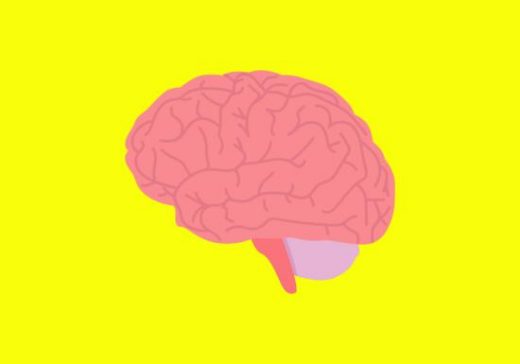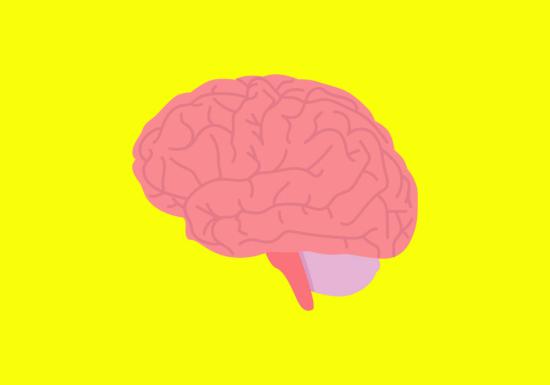Most Violent Crimes Are Wrongly Linked to Mental Illness
Most Violent Crimes Are Wrongly Linked to Mental Illness

Despite the fact that most people with mental illness are never violent, news stories about violence often focus on whether a person’s mental health problem was responsible, according to a new report.
Only about 4% of interpersonal violence in the United States can be attributed to mental illness, the study authors conclude, yet close to 40% of news stories about mental illness connect it to violent behavior that harms other people. According to the U.S. Department of Health and Human Services (HHS), people with severe mental illnesses are more than 10 times more likely to be victims of violent crimes than people in the general population.
In the report, published in the journal Health Affairs, researchers from Johns Hopkins Bloomberg School of Public Health looked at 400 news articles about mental illness that were published over two decades, from 1994 to 2014, in popular news outlets. Violence was mentioned 55% of the time, and close to 40% of the time, the articles mentioned violence against others. Mental illness was linked to suicide in the articles or TV segments 29% of the time. Stories about mass shootings that depicted the shooters as mentally ill increased over the study period from 9% of all news stories during the first decade (1994 to 2005) to 22% in the second decade (2005 to 2014).
In news stories that mentioned mental illness and violence toward other people, close to 40% said mental illness can increase the risk of violence, and only 8% wrote that most people with mental illness are not violent. Schizophrenia was the most common illness mentioned in connection to violence.
The study authors argue that while people who commit mass shootings are not mentally healthy, they may have anger or emotional issues and not always have a diagnosed mental illness.
The researchers also note in a press release that while treatment can prevent some interpersonal violence attributed to mental illness, most of this violence is not caused by mental illness—even though advocacy groups and policy makers have argued in recent years that the mental health treatment system needs to be improved as a way to curb the high rates of gun violence in the U.S. “Research suggests that this policy approach, advanced partly in an attempt to shift public attention and political momentum away from strengthening U.S. gun laws, will not meaningfully address gun violence in America and might reinforce the link between mental illness and violence in the public psyche,” they write.
(54)



